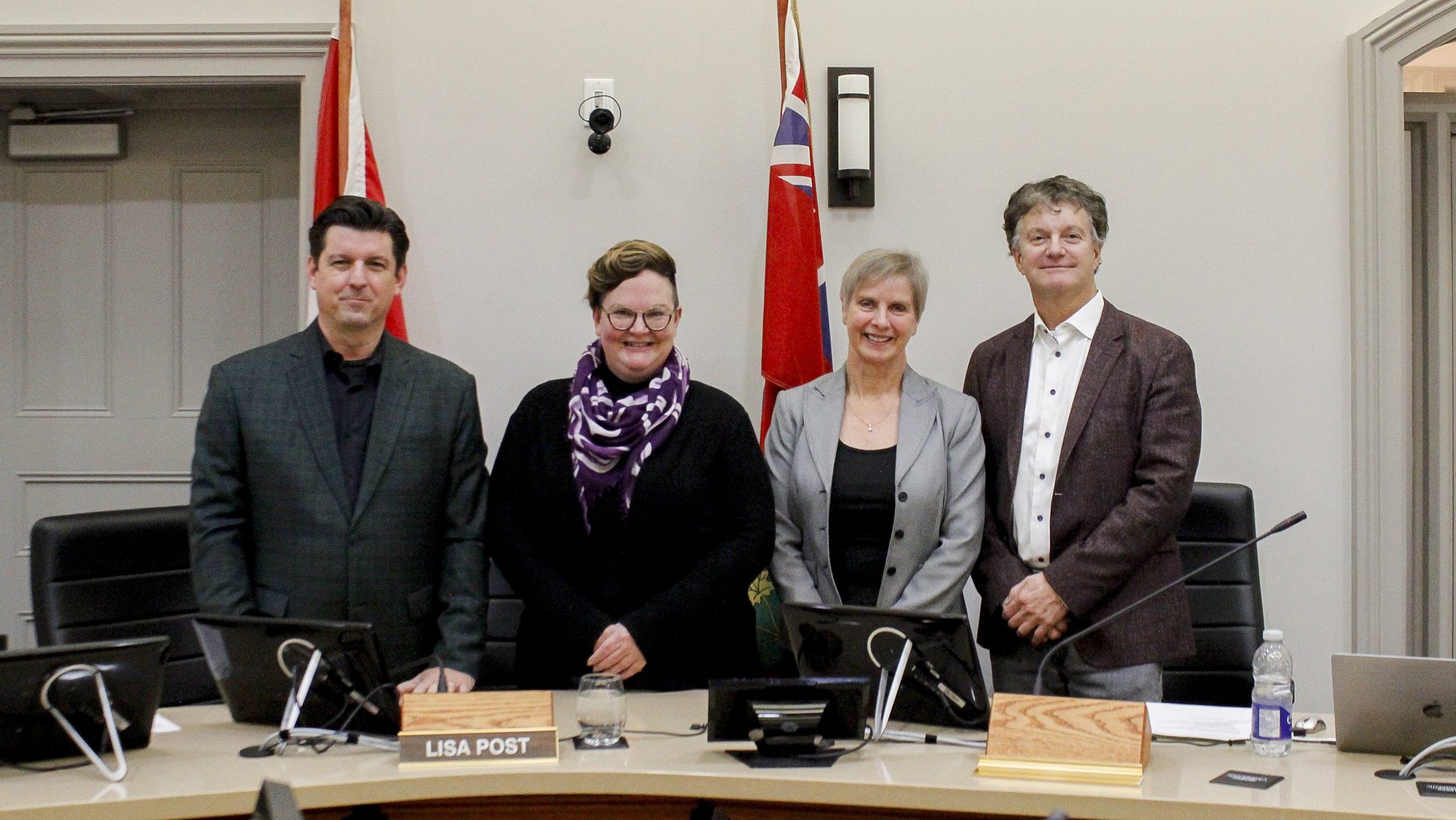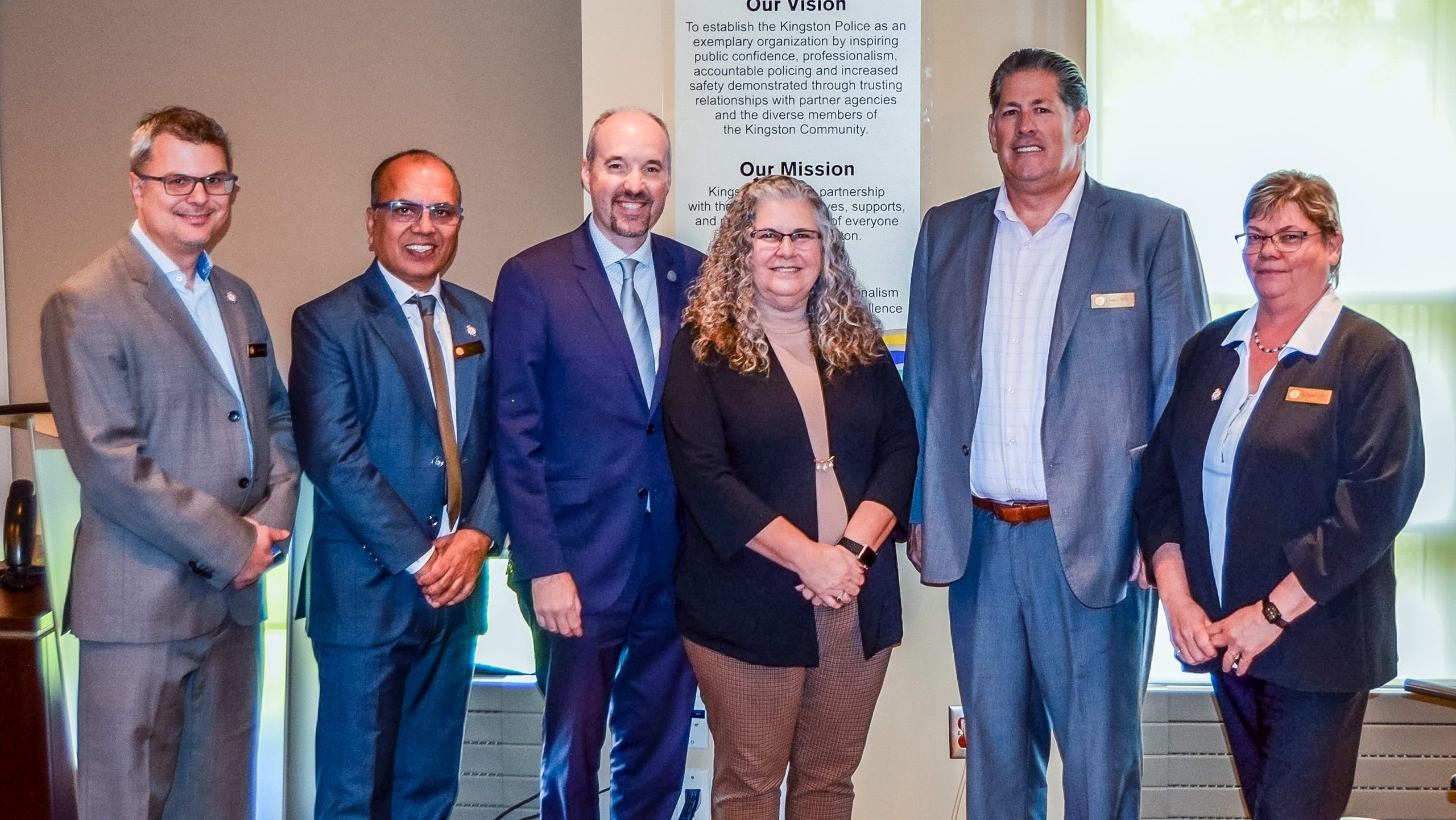Section 239 (7) of the Municipal Act requires municipalities to record without note or comment all resolutions, decisions and other proceedings at a meeting of the body, whether it is closed to the public or not.
Section 224 states that it is the role of council to ensure the accountability and transparency of the operations of the municipality, including the activities of the senior management of the municipality.
Section 239 states that all meetings must be open to the public, unless one of the limited number of exceptions apply that allow it to be closed.
Section 238 (3.1) (3.3) allows members of councils, committees and certain local boards to:
- participate in open and closed meetings electronically
- count members participating electronically for purposes of quorum (the minimum number of members needed to conduct business at a meeting)
The Ontario Ombudsman recommends that all municipalities make audio recordings or video recordings of all meetings – both open and closed – to ensure a thorough record.
How many municipalities in Ontario provide recordings of meetings?
As of December 22, 2019, it was estimated by Caleb Hull, now a Councillor of the Town of South Bruce Peninsula, that at least 954,430 or 7% of Ontarian’s did not have access to their County Council meeting video/audio and that at least 2,848,576 or 21% of Ontarian’s did not have access to the audio/video of their local (Single or Lower Tier) Municipal Council meetings.
The estimation was based on number of municipalities in December 2019 with audio/video with 2016 Census data. The smallest municipality with video/audio streaming at the time was Township of Schreiber, which had a population of 1,059 and posted recordings to YouTube.
Municipalities publishing council meetings on YouTube
- Toronto
- Barrie
- Belleville
- Brantford
- Brighton
- Chatham-Kent
- Hamilton
- Kingston
- London
- Port Hope
- Region of Waterloo
- St. Catherines
- City of Quinte West
- Waterloo
Municipalities publishing council meetings on another service
Municipalities livestreaming meetings, but not posting recordings
Why are open, recorded meetings important?
Transparent decision-making processes may be seen as part of foundation of the good municipal governance.
The judges on the 2007 Supreme Court case, London (City) v. RSJ Holdings Inc. noted “the public’s demand for more accountable municipal government” and stated that open meetings are essential to “robust democratic legitimacy” of local administrations. They also observed that section 239 of the Municipal Act, 2001 “was intended to increase public confidence in the integrity of local government by ensuring the open and transparent exercise of municipal power.”
Benefits of video archives
Few people have the time, availability or patience to sit through entire of council meetings online on in-person on a regular basis.
On-demand recordings make it easier and more convenient for members of the public to find the discussions and documents relating to the topics they’re most interested in. It also reduces the need for transportation, reducing emissions.
Municipalities that do not provide on-demand archived audio/video for a time after the meeting ends are cutting out the engagement and participation of those who are physically unable to attend council meetings, which may include:
- Seasonal/part-time residents who want to remain engaged with local decisions
- Residents of retirement/assisted living facilities
- Rural constituents
- Those who do not have access to a vehicle or public transit, who are disproportionately low income
- When weather conditions are unfavourable
Once the video recording of council exists, it becomes a record subject to the municipality’s Record Retention Bylaw and the Municipal Freedom of Information and Protection of Privacy Act (MFIPPA).
Without archived recordings, historic transparency is obscured.
Open Council: Municipalities should make meeting recordings available to the public
Open Council recommends that all municipalities:
- Publicly broadcast live video of council proceedings unless closure is specifically authorized under the Municipal Act and there is a real need to exclude the public, and
- Archive an audio/video recording of meetings on an accessible platform for a minimum period of time.



Comments
We want to hear from you! Share your opinions below and remember to keep it respectful. Please read our Community Guidelines before participating.